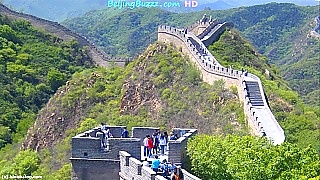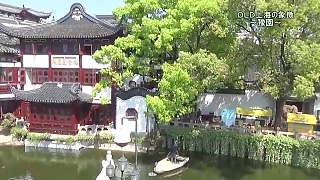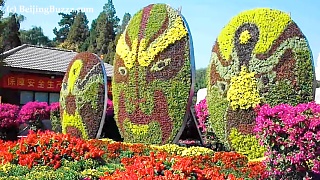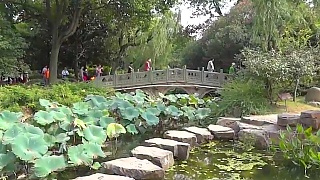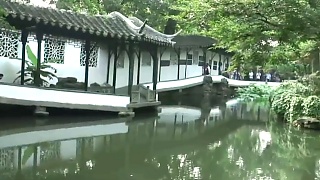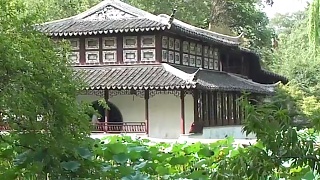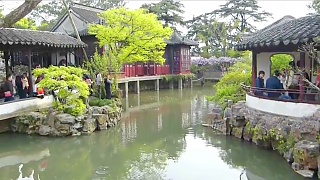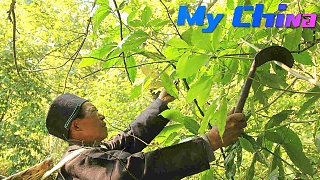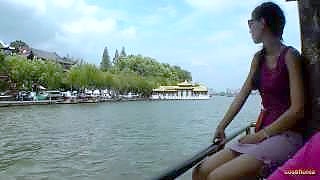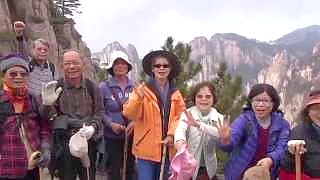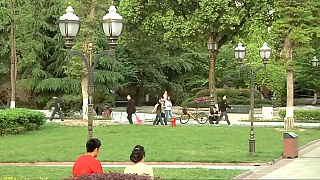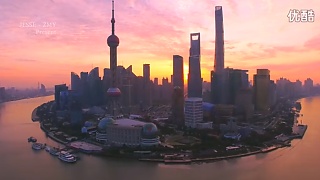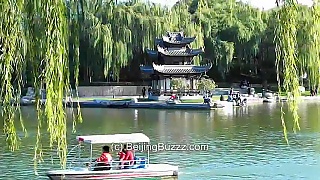With Lulu's Daily In China ...
[640],shadow=true,start=,stop=Humble Administrator's Garden Visitor Guide
Overview
The Humble Administrator's Garden, located in SuZhou, JiangSu province, is one of the most famous classical gardens in China. Built in the early 16th century during the Ming Dynasty, this garden is a masterpiece of Chinese landscape design, featuring beautiful pavilions, serene ponds, lush greenery, and exquisite rock formations. It is a UNESCO World Heritage Site and a must-visit destination for anyone interested in traditional Chinese garden art.
History
The garden was originally created by Wang XianChen, a retired government official, who sought to design a peaceful retreat for himself. Over the centuries, the garden changed hands multiple times, undergoing various renovations and expansions. Despite these changes, the garden has retained its original layout and classical elements, reflecting the aesthetics and philosophical principles of traditional Chinese gardens.
Main Attractions
Central Garden
The Central Garden is the heart of the Humble Administrator's Garden, featuring a large pond surrounded by lush plants, winding paths, and elegant pavilions. Key highlights include:
- Lotus Pavilion: A beautiful structure overlooking the pond, offering a tranquil spot to enjoy the view of blooming lotus flowers in summer.
- Hall of Distant Fragrance: Named after the lotus flowers whose fragrance can be smelled from afar, this hall is one of the garden's main buildings, known for its elegant design.
Eastern Garden
The Eastern Garden features a series of smaller ponds, rockeries, and pavilions, creating a more intimate and secluded atmosphere. Notable features include:
- Small Flying Rainbow Bridge: A charming stone bridge that arches gracefully over a small pond.
- Hall of 36 Mandarin Ducks: Named after the mandarin ducks often seen in Chinese art, this hall offers picturesque views of the surrounding landscape.
Western Garden
The Western Garden is characterized by its open spaces and carefully arranged rockeries and plantings. Highlights include:
- Hall of the Thirty-Six Mandarin Ducks: Featuring beautiful carvings and a serene ambiance.
- GuanYun Peak: A striking rock formation representing a mountain peak, showcasing the garden's sophisticated use of stones.
Architecture and Design
The Humble Administrator's Garden exemplifies the principles of traditional Chinese garden design, which seeks to create harmony between nature and human-made structures. The garden's architecture and layout incorporate the following elements:
- Water Features: Ponds and streams are central to the garden's design, reflecting the sky and surrounding plants, and adding a sense of tranquility.
- Rockeries: Carefully arranged rocks and rock formations symbolize mountains and add a dynamic visual element to the landscape.
- Pavilions and Halls: These structures provide spaces for relaxation and contemplation, offering various perspectives of the garden.
- Plantings: A diverse array of plants, including bamboo, lotus, and seasonal flowers, enhance the garden's beauty and symbolize different virtues and qualities.
Visiting Tips
- Best Time to Visit: The garden is beautiful year-round, but spring and summer are particularly lovely when flowers are in bloom. Autumn offers stunning foliage, and winter provides a peaceful, serene atmosphere.
- Opening Hours: The garden is open daily from 7:30 AM to 5:30 PM (hours may vary seasonally).
- Getting There: The garden is located in the heart of SuZhou and is easily accessible by public transportation or taxi. The nearest metro station is Lindun Road Station (Line 1).
- Guided Tours: Consider hiring a local guide or joining a guided tour to gain deeper insights into the garden's history, architecture, and cultural significance.
- Photography: The garden offers countless photo opportunities. Be sure to bring your camera and take your time capturing the beauty of the landscape.
- Respect the Environment: Help preserve the garden by not picking flowers, climbing on rocks, or littering. Respect the tranquility of the space and other visitors.

 The beautiful Humble Administrator’s Garden in SuZhou, JiangSu province
The beautiful Humble Administrator’s Garden in SuZhou, JiangSu province
